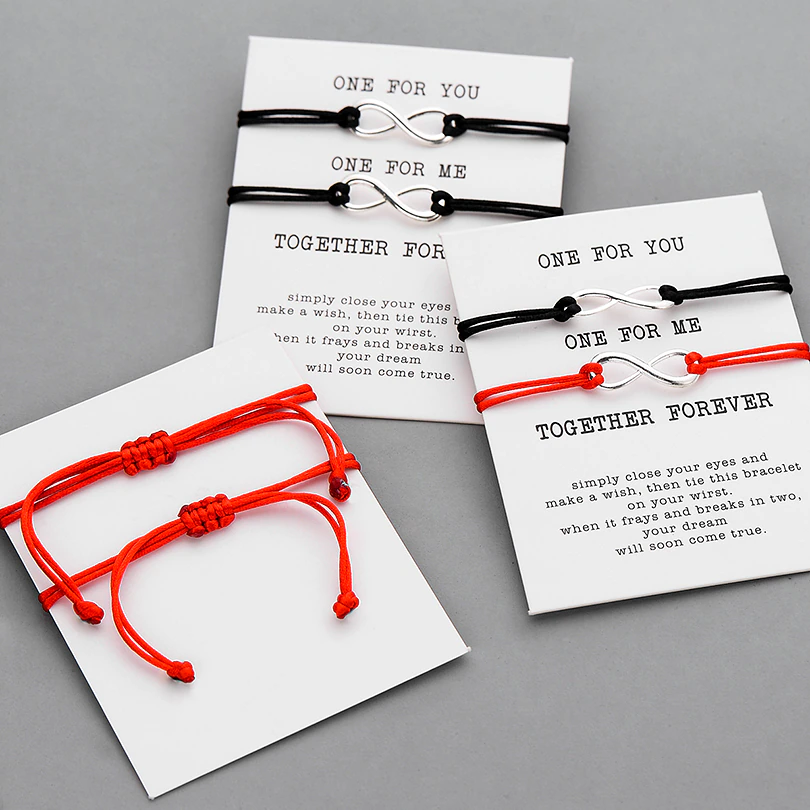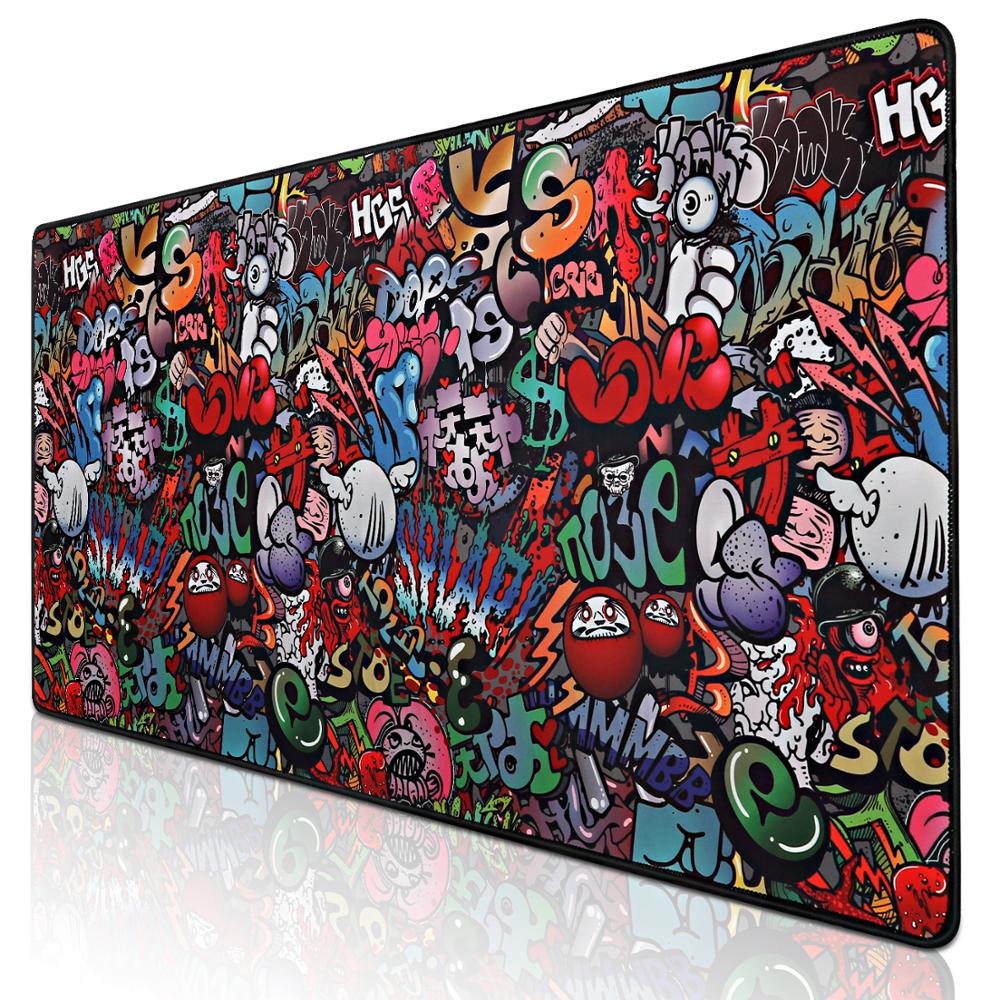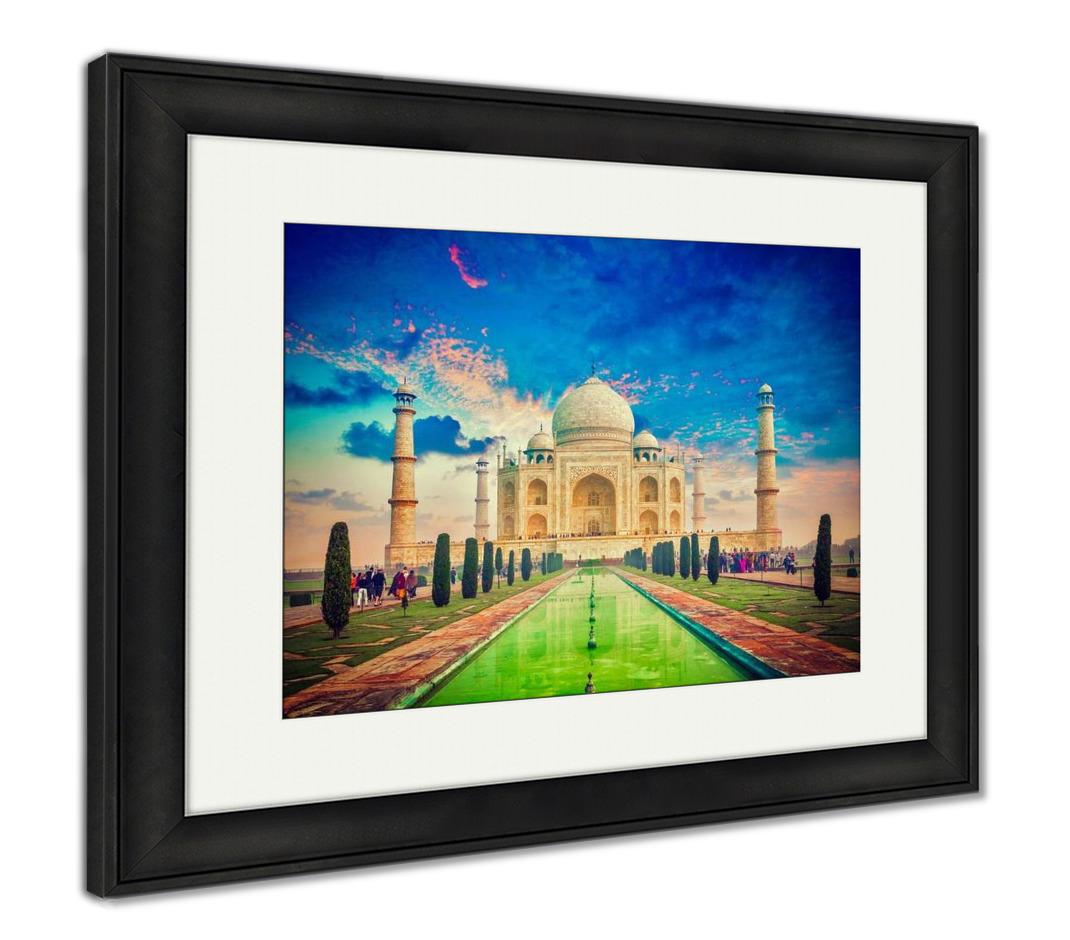Retinol and vitamin C make for quite the dream team, which is exactly why the Kate Somerville Retinol Vitamin C Moisturizer is one of the best vitamin A creams. Retinol is a topical treatment derived from vitamin A. Do not use together: Vitamin C. We do not recommend using Retinol and Vitamin C at the same time. Retinol is one of the many different types of retinoids and is the umbrella term allocated to all vitamin-A derivatives. . We've also read similar cautionary statements in beauty magazines that retinol works better without AHA or BHA exfoliants—or that, gasp, it shouldn't be paired with vitamin C. Regena-C Moisturiser is an easily absorbed retinol cream formulated to protect against environmental damage and encourage skin-cell renewal. Dark skin, she explained, is much more reactive to trauma or damage, including irritation caused by high-intensity skin-care ingredients like retinol. Cons. But, for good result it is recommended hat use these vitamins with good or balance amount. two-step treatment from Olay is another great product for hyperpigmentation. Despite . So, if using a Vitamin C, we would recommend using this in the morning. But that doesn't mean you should. Its vitamin C complex is made up of five dual . It is best to use Retinol in the PM. The 2.5% Retinol Facial Serum from Organo Gold is an advanced anti-aging treatment infused with vitamin C, hyaluronic acid, vitamin E, and vegan glutathione. "Just look for a dark-spot-correcting serum with any combination of skin-brightening ingredients, like retinol, AHAs, hydroquinone, vitamin C, and kojic acid," says Dr. Marchbein. Esters of retinol are associated with less sun sensitivity than retinol (as explained here). Retinol typically has a pH between 5.0 and 6.0, as research has shown that's where it operates best. The fruit extract is packed with antioxidants including Vitamin C and manganese. Rambutan is a natural retinol alternative according to a dermatologist. Recommended for use at night or with a regimen including daily SPF. Like alpha arbutin, vitamin C helps to reduce hyperpigmentation by inhibiting tyrosinase, an enzyme involved in melanin formation. This product contains retinyl palmitate, a stabilised ester of retinol. Esters of retinol are associated with less sun sensitivity than retinol (as explained here). Retinol is the holy grail of rejuvenating skincare. Pros. Vitamins C and E help to combat hyperpigmentation and shield against free radicals. Retinol typically has a pH between 5.0 and 6.0, as research has shown that's where it operates best. Retinol, for those unfamiliar, is a potent form of vitamin A that reduces the look of wrinkles and hyperpigmentation while firming, brightening, and plumping skin, according to cosmetic chemist . Like vitamin C, when it comes to the skin, vitamin A is best used topically. Known for significantly helping to reduce wrinkles and fine lines, Retinol is also masterful at disappearing scars and dark spots like a. "Vitamin C and retinol can be used together, but we wouldn't advise using them at the same time of day unless the product in question has been carefully formulated," explains Dan Isaacs, Director of Research at Medik8. The benefits of vitamin C in skin care include: Preventing visible skin damage like hyperpigmentation, dullness and uneven tone. Stabilized Vitamin C and Retinol to Brighten and Renew - Gently promote cell renewal and boost natural collagen production while visibly brightening skin. L-ascorbic acid, the active form of vitamin C, needs to be at pH 3.5 or lower in order to effectively penetrate your skin (as this study proves). 2. Vitamin C: When used in skincare formulations, vitamin C can make a major difference in your skin tone and hyperpigmentation. Get them as separate products so you can tailor the . Vitamin C is a delicate active ingredient that can be susceptible to oxidizing, becoming inactive when exposed to different elements. The hard truth of the matter is that many of the best brightening ingredients—like hydroquinone, vitamin C, and retinol—can be too irritating for sensitive skin. Retinol targets fine lines and blemishes. This next generation, fast-absorbing Retinol formula dramatically reduces the appearance of fine lines, wrinkles and hyperpigmentation. Retinol is a type of retinoid, a derivative of vitamin A. It's commonly available in various strengths in the form of gels, creams, and serums that work to fight against acne and aging when . For those with darker skin tones, undereye circles can be harder to treat due to their skin having more melanin. This powerful Vitamin C serum reduces acne scars, wrinkles, fine lines, dark spots, and pores. "The vitamin A included in the formula would need to be one that is ok to use or stable in the day, such as retinyl . It helps fade hyperpigmentation. MAP is a derivative of vitamin C. It is absorbed through the stratum corneum as it is lipophilic. Since retinol isn't quite as strong as other retinoids, . Retinol is particularly effective at combating hyperpigmentation by encouraging cell turnover and bringing healthier, newer skin cells to the surface while exfoliating older, darker ones. A dual product regimen including a 0.5% retinol treatment and an anti-aging moisturizer with 30% vitamin C was developed to treat the skin on the face in order to improve the various signs of aging. Find the 10 best vitamin C serums here, plus tips from a top dermatologist on how . Retinol is better for hyperpigmentation than vitamin C. Retinol excels at getting rid of skin discoloration as retinol works by accelerating skin cell turnover and revitalizing skin areas with increasing levels of dead cells. Our Retinol Complex .5% includes Vitamin C and E to maximize the effectiveness of the retinoids, ensuring dramatic . Our creme 'de la creme' vitamin c serum employs L-ascorbic acid (a renowned antioxidant) for fewer wrinkles, smoother skin and overall less hyperpigmentation. Vitamin C (Ascorbyl Isostearate) Vitamin C is an essential antioxidant that fights acne bacteria, brightens skin, reduces pigmentation and evens skin tone. Vitamin C is right up there with retinol as an anti-aging powerhouse. From the brightening, lightening and tightening benefits of Vitamin C, to barrier-repairing and smoothing Retinol and deeply moisturizing Ceramides, our potent hyperpigmentation treatments are an essential addition to your routine to revive and replenish skin for a more even-toned complexion. Retinol body lotions can help smooth fine lines, clear body acne, and correct hyperpigmentation on arms, legs, and more. What is Retinol? But while hyperpigmentation is frustrating, there are several ways to confront it — and hopefully, get rid of it for good. However, most skin care products contain less than 1% concentration. Use of retinol to improve photodamaged skin is well documented. Hyperpigmentation Treatments. 10% MAP cream has been found to cause significant skin lightening effect. ; Since retinol and L-ascorbic acid have a big gap in pH . Whereas retinol comes from Vitamin A. Vitamin C (Ascorbyl Isostearate) Vitamin C is an essential antioxidant that fights acne bacteria, brightens skin, reduces pigmentation and evens skin tone. Skincare lovers use it for everything from pigmentation to sagging skin, and it comes in a wide variety of products. Retinol will also help, as it increases cell turnover, as will vitamin C (which brightens pigmentation) and rosehip oil. It comprises a vitamin C mask — vitamin C is an antioxidant that combats free radical damage . Retinol Complex 0.5%. You could use retinol to get rid of hyperpigmentation, dark spots, blemishes, and acne scars, and pimples. The best Vitamin C serums for hyperpigmentation should have at least 10% vitamin C, and you can further maximize the serum's benefits by combining it with other antioxidants, such as vitamins B . Retinol can cause side effects such as skin dryness, irritation and sun sensitivity. Vitamin C is known for its brightening benefits, while retinol boosts cell turnover. We're often asked about the claim that AHA and BHA exfoliants "deactivate" or reduce the effectiveness of retinol. But, which is better, Vitamin C or Retinol for hyperpigmentation? Shop rambutan products from brands such as . Related: Hyperpigmentation: How 5 Skin Experts Treat Their Own Sun-Related Skin Damage. As one of the strongest antioxidants in the skincare world, it brightens, firms, and smooths skin (and may even prevent and. "However, vitamin C does not regulate cell turnover or prevent acne as retinol does. This hyperpigmentation serum from Formulyst contains the highest concentration of pure vitamins C (a potent 20%), B, and E, ferulic acid, and niacinamide — one of two primary forms of vitamin B3 that helps manage acne, rosacea, and hyperpigmentation spots while softening wrinkles. Possible safer and more efficacious cosmeceutical therapies we discuss include thiamidol, kojic acid, vitamin C, arbutin, retinol, nicotinamide, ferulic acid, resorcinol . And they can both give a more even skin tone. Vitamin C is a constituent of many cosmeceuticals and cosmetic creams as shown in Table 1. Adding a vitamin C serum can minimize dark spots from acne and sun damage, plus give your skin an all-over glow. Hyaluronic acid, antioxidants, niacinamide, retinol, and salicylic acid are all blended together in a base of vitamin C in this Eva Naturals serum. Amazon.com: ActivePur Tea Tree Serum Oil for Acne Facial Skin Serum 20% Vitamin C Hyaluronic Acid Retinol treats Hyperpigmentation Wrinkle Anti Aging Dark Spots Blemishes & Acne Scars (Double Size - 2 OZ/60 ml). It also protects against environmental skin damage, and treats and prevents skin aging as a potent antioxidant," Dr. Murphy-Rose says. The benefits of retinol. We discuss the mode of action and provide an up-to-date review of the underlying evidence base for the top 10 cosmeceutical products for hyperpigmentation and melasma. Formulated with Vitamin C, Retinol, Beta Hydroxy and Salicylic Acid, and Niacinamide to tackle many skin issues. But here's the thing: Retinol can have the same great effects for the skin below your chin, too. First things first, prevention is key, Rogers says. And also like vitamin C, retinol is fantastic for helping the skin stay smooth and firm and bright. Again, it's important not to mix these products. "Retinol helps to rebuild collagen and thicken the dermis, which over time will improve the appearance of crepey or loose skin ," explains Dr. Devika Icecreamwala, a board-certified dermatologist in Berkeley, CA. The retinol works as an anti-aging agent, while vitamin C and hyaluronic acid balance the skin's moisture levels and offer long-lasting hydration. Another difference is that retinol is very mild to all skin types and should not have any side effects. Size: 1-oz tube. Unless your skin has grown resistant to it, your best bet is to use Vitamin C in the morning and retinol at night. As it has antioxidant properties this is when you will get the most out of the product. How Can Vitamin C, Retinol and Hyaluronic Acid Benefit Your Skin? Retinol is good for skin and it helps the skin in smoothing, firming and glowing. Vitamin C can single-handedlybrighten the skin,shield the skin from pollutants andsun damage,treat hyperpigmentation, andreduce skin inflammation and redness. AHA's and tretinoin/retinol also increase cell turnover, which help move the melanin out of skin faster. Using both ingredients in your skincare routine can help you achieve a radiant, youthful complexion. Shields skin against environmental stressors, like free radical damage. It is good choice in sun-damaged skin. You'd be hard-pressed to come across a better combination of an antioxidant and a hydrating complex. "Because retinol can be drying, products . Vitamin C and retinol DON'T deactivate each other, so you could use them together. Vitamin C Serum with Hyaluronic Acid is nothing short of a match made in heaven. Vitamin C serum can irritate sensitive skin and may not be a good ageing solution for those people. How to use it: Tretinoin — a powerful form of retinol — is available by prescription in concentrations of 1% and .05%. "Hyperpigmentation is hard to treat and impossible to cure," she explains. This age-defying and skin clearing serum also contain Salicylic acid.After a number of tests it has been found no paraben, formaldehyde, sulphate and mineral oil in its ingredients. Vitamin C reduces the look of wrinkles, fine lines, dark spots, discoloration, and uneven skin texture and tone. HPR provides the same benefits of retinol, but without the irritation. "Vitamin C boosts collagen production and fights hyperpigmentation, similar to retinol. According to Dr. Gilbert, vitamin C has been shown to brighten the appearance of skin and help neutralize the damage from free radicals. Retinol and vitamin C, are 2 anti-aging skincare powerhouses that ensure and promise powerful skin healing properties and beneficial results in real time. Urban Skin Rx, a brand formulated for melanin-rich skin, filled this eye cream with retinol, vitamin C, caffeine, and peptides to help fix those fine lines and hyperpigmentation in a more targeted fashion. The inclusion 4 ingredients have made the serum awesome which are Vitamin C, Vitamin B3 Niacin amide, retinol and tea tree oil. Between the two, skin is left . shop skincare. Healing If vitamin C is used in the right form (sodium ascorbyl phosphate) it has a calming and anti-inflammatory effect. You're probably still asking yourself, "Should I use vitamin . This product contains retinyl palmitate, a stabilised ester of retinol. Vitamin C, or L-ascorbic acid, is a substantial antioxidant that stimulates collagen production and fights UV damage and pigmentation — not to mention helps stave off colds.
The Most Unexpected Things In Life Quotes, Vivant Skin Care Mandelic Acid, Japanese Classical Guitar, Casa Andrea Milano Phone Number, Contactless Smart Card Technology Pdf, Ethereum Business Breakdowns,









retinol or vitamin c for hyperpigmentation